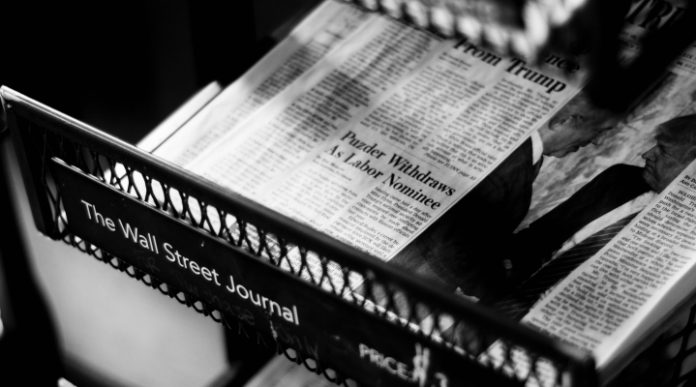The pound was unable to hold onto earlier gains against the dollar on Monday. The pound hit US$1.3279, marking its highest level against the dollar since early November. This growth then in the exchange rate of the pair then eased back towards the end of the session.
| What do these figures mean? |
|---|
|
When measuring the value of a pair of currencies, one set equals 1 unit and the other shows the current equivalent. As the market moves, the amount will vary from minute to minute. For example, it could be written: 1 GBP = 1.28934 USD Here, £1 is equivalent to approximately $1.29. This specifically measures the pound’s worth against the dollar. If the US dollar amount increases in this pairing, it’s positive for the pound. Or, if you were looking at it the other way around: 1 USD = 0.77786 GBP In this example, $1 is equivalent to approximately £0.78. This measures the US dollar’s worth versus the British pound. If the sterling number gets larger, it’s good news for the dollar. |
Pound investors were still giddy with hope that UK Prime Minister will offer more for the Brexit divorce bill. The divorce bill is an amount that the bloc wants UK to pay for the losses that Brexit might cause. May is expected to offer the EU in the region of €40 billion, which would close the gap on the €60 billion that the EU are demanding. Should this be considered an acceptable deal then the current Brexit negotiation deadlock could be broken, allowing for the second phase of talks and making a smooth Brexit more plausible.
| Why is a smooth Brexit good for the pound? |
|---|
| A smoother Brexit would be a scenario in which the economic consequences of leaving the European Union are minimised. This is favourable for the pound because the less the Brexit impact on the economy, the more likely that foreign investors will remain interested in the UK. Foreign investors need sterling to invest in the country and so the more GBP is purchased, the higher the demand and, thus, an increase in the currency’s value. |
In the absence of more Brexit headlines, investors will look towards borrowing figures for October. The UK government borrows money when it’s tax revenues are insufficient to pay for spending, creating a budget deficit Analysts are anticipating that the net deficit increased in October to -£6.6 billion, down from – £5.3 billion in September. Should these estimates be correct then the Chancellor Philip Hammond will have even less room to make changes when he presents his Autumn Budget.
On Wednesday, Hammond will present the Autumn Budget to parliament. Investors are going to be paying particular attention to the tone he strikes in his speech. Perhaps even more so than to policy details. The tone Hammond strikes could give investors vital clues as to how close the UK is in terms of reaching a deal with the EU over Brexit. Therefore, an optimistic tone on Wednesday could send the pound significantly higher.
Doubts Regarding Tax Reform & North Korea Fears Keep Dollar Weaker
The mood towards the dollar was soft on Monday and could remain that way through the rest of Thanksgiving week. Firstly, investors are doubtful as to whether President Trump’s tax reform will be pushed through before Christmas, which is weighing on dollar sentiment. Two distinct versions of the tax reform, one from the House and one from the Senate, still need to be combined, reconciled and voted on. This means that progress before Christmas is starting to look unlikely. The dollar had previously rallied on tax reform hopes.
| How would Trump’s policies boost the US dollar? |
|---|
| A sizeable corporation tax cut would see a flood of money repatriated to the USA which would then create a high demand for the currency. In turn, this would increase its value versus other currencies. Infrastructure spending in a country already close to full employment would also push wages higher, leading to more spending and thus boosting inflation. Higher inflation leads to higher interest rates and a higher demand for the currency. |
Secondly, on a geopolitical level, President Trump has taken steps to further isolate North Korea, which could backfire. Trump has announced that the US is re-designating North Korea as a state sponsor of terrorism, in an attempt to increase pressure on the rogue nation to give up its nuclear arms. While the move is more symbolic as it does not automatically involve more sanctions, it will no doubt infuriate Pyongyang. On previous occasions as tensions have escalated between the US and North Korea, the dollar has weakened.
|
This article was initially published on TransferWise.com from the same author. The content at Currency Live is the sole opinion of the authors and in no way reflects the views of TransferWise Inc. |





